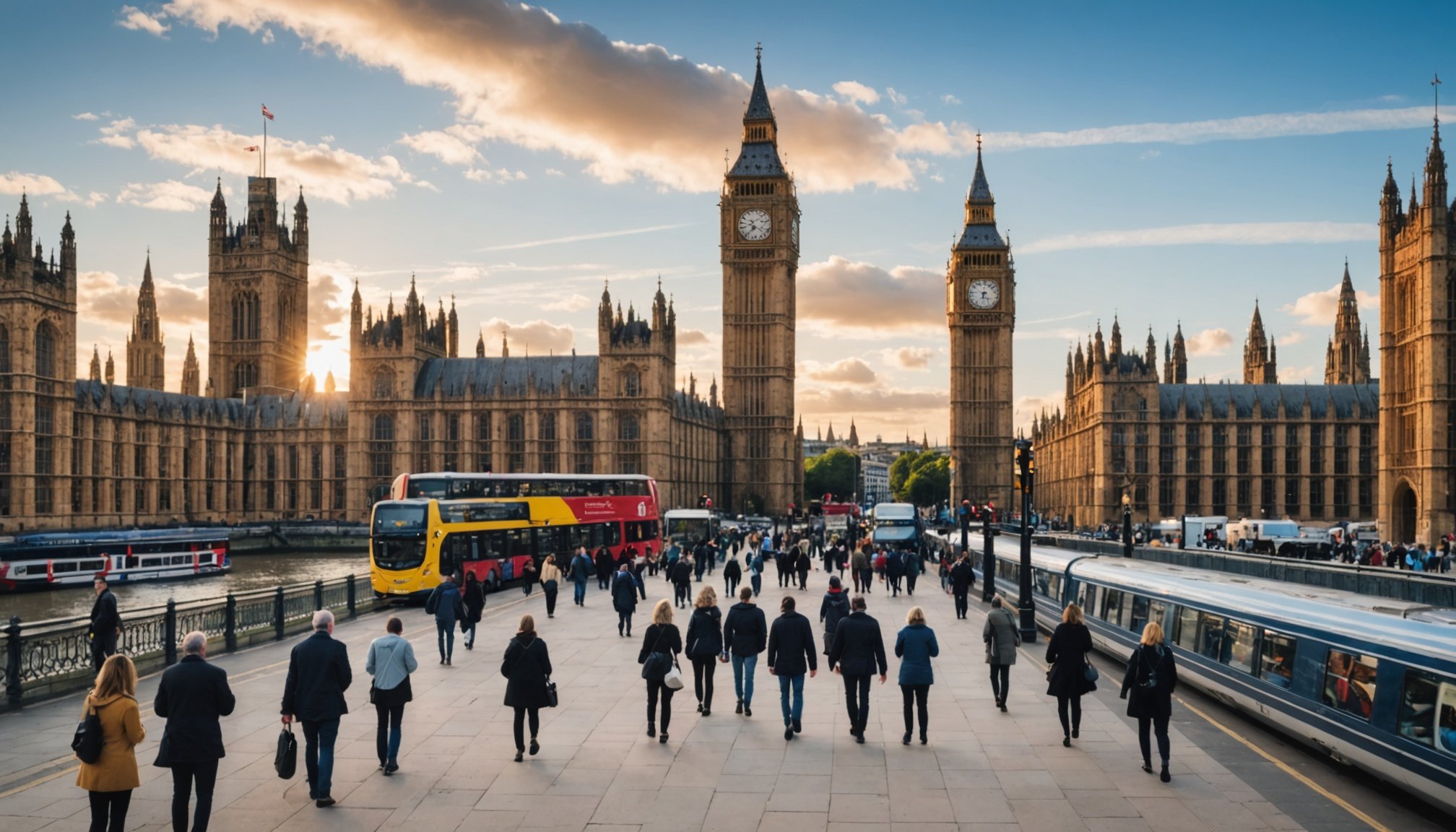Impact of the Pandemic on Travel Behavior
During the pandemic, travel behavior saw significant shifts. Many local tourists altered their preferences, favouring destinations closer to home. This was due to concerns surrounding safety and comfort, as these factors heavily influenced travel decisions. With the uncertainty of global travel restrictions, there was a noticeable trend towards short-haul trips. Such trips offered a sense of adventure without the complexities involved in long-distance travel. Day trips became increasingly popular, allowing individuals to explore new environments while maintaining a familiar safety net.
Local tourism insights reveal a renewed interest in exploring one’s backyard. Many have discovered hidden gems in their regions, driven by a need to explore and connect with nature. This shift emphasized local tourist attractions, which may have previously been overlooked. Additionally, many travellers sought travel experiences that did not involve long periods away from the safety of home.
Also to see : Boost lead generation efficiency with ai-powered outreach
The psychological impact, with emphasis on safety and comfort, played a significant role in these evolving trends. Travelers prioritised places where they felt secure, leading to an upswing in economically supportive local tourism. Tailored experiences that cater to these new travel preferences can continue to benefit the local tourism industry.
Successful Strategies from Other Regions
Exploring global tourism strategies shines a light on successful practices that have emerged post-pandemic. Europe offers insightful case studies on effective destination marketing, where tourism boards collaborated with local businesses to bolster local tourism. These campaigns utilized both digital and traditional marketing, focusing on unique local experiences and landmarks. Such strategies not only elevated regional attractions but also instilled a sense of community pride.
This might interest you : Transforming Student Engagement in UK Universities: Innovative Data Analytics Strategies for Enhanced Learning Experiences
Examining community engagement initiatives further underscores the value of involving local residents in tourism development. Regions that prioritized incorporating local culture into tourism offerings witnessed heightened community involvement. These initiatives not only promoted tourism but deepened cultural ties, fostering a welcoming atmosphere for visitors.
Key lessons can be drawn from these best practices. UK tourism boards can replicate these strategies by promoting local attractions with authentic experiences while fostering partnerships with local businesses. Engaging communities through participation in tourism-related activities can also enhance local pride.
Considering these insights from international settings allows for the execution of tailored approaches in local destinations. By effectively embracing and adapting these models, regions can sustain and invigorate their local tourism sectors.
Actionable Ideas for UK Tourism Boards
UK tourism boards can tap into emerging UK tourism strategies to nurture local tourism. Developing targeted marketing campaigns is vital, focusing on local attractions and experiences that resonate with domestic tourists. Highlighting local initiatives can pique interest, especially when campaigns include personal stories or unique local features.
Sustainable travel is equally crucial. By promoting practices that support the environment and local economies, tourism boards can address growing consumer demand for eco-conscious travel. This involves introducing guidelines for sustainable business operations or encouraging tourists to opt for public transportation and eco-friendly accommodations.
Collaborative programs are another cornerstone of effective tourism strategies. Engaging local stakeholders and businesses fosters community involvement and shared benefits. Tourism boards might organise workshops or networking events to help local businesses develop appealing experiences for visitors.
Key ideas include:
- Targeted Marketing Campaigns: Focus on local, unique experiences.
- Sustainable Practices: Promote eco-friendly travel options.
- Collaborative Programs: Encourage partnerships among local stakeholders.
Such initiatives can not only drive tourism but also enrich the local community socially and economically, setting a strong foundation for future growth.
Emphasizing Sustainable and Community-Focused Tourism
The importance of sustainability in post-pandemic travel strategies cannot be overstated. Sustainable tourism ensures the protection of resources for future generations while providing meaningful experiences for today’s travellers. Tourism boards should prioritise initiatives that underline both sustainability and community focus. This dual approach benefits local economies and nurtures environmental stewardship.
One viable strategy is promoting eco-friendly activities. These could include guided hiking tours, environmentally responsible wildlife watching, or participation in local conservation projects. Highlighting such experiences attracts tourists interested in leaving a positive imprint on their destinations. Additionally, itineraries tailored for these tourists can add value to the local economy by encouraging longer stays and deeper engagement.
Community-focused initiatives involve local populations in the tourism ecosystem. Encouraging local ownership of tourism ventures and integrating cultural narratives can foster a strong community bond and enhance visitor experiences.
Local engagement is furthered through workshops and training sessions designed to integrate sustainability in business practices. By equipping local stakeholders with the know-how and resources to operate sustainably, tourism can pivot towards a future that is both economically and ecologically beneficial. Through these synergies, meaningful and sustainable travel experiences are forged.
Future Trends in Local Tourism
The evolution of local travel preferences is set to shape future trends in the tourism sector. There is a noticeable movement towards experiential travel, which focuses on creating personalised and immersive experiences. Tourists aim to connect deeply with destinations, prioritising unique and emotionally resonant activities over traditional sightseeing.
Emerging tourism trends point towards an increased use of technology in planning and navigating travels. Technologies such as augmented reality and virtual reality are poised to enhance the travel experience by providing rich and interactive content that can enrich visitor engagement. Moreover, advancements in mobile applications that offer real-time updates and personalised travel itineraries are becoming indispensable tools for modern travellers.
Another significant trend is the heightened demand for sustainable tourism. As awareness of environmental issues grows, tourists are inclined towards eco-friendly practices and destinations prioritising sustainability. This involves choosing accommodations with green certifications, participating in conservation activities, and opting for low-carbon transportation options.
Personalisation in local tourism is predicted to be a crucial driver of future growth. Catering to individual preferences through tailored packages and experiences will not only attract more tourists but also enhance their overall satisfaction, establishing stronger emotional connections with the destination.











